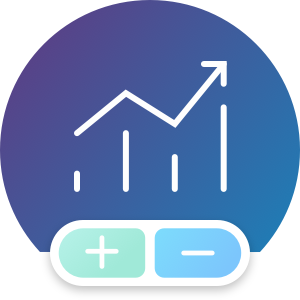- Find an office
-
File Your Taxes
 Find a Location
Find a Location -
Resolve Tax Issues
 Resolve Tax Issues
Resolve Tax IssuesResolve Tax Issues
-
Tax Resources
 See all Tax Help
See all Tax HelpTax Tools
Tax Tips & Resources
- Refund Advance
- Hiring Local Jobs!
- Tax Services
- Promotions & Coupons
- Where's My Refund
- Careers
- Search
- Contact Us
- Feedback
-
 Log in | Sign up
Log in | Sign up

JH Accounts
|
|
Oh no! We may not fully support the browser or device software you are using ! To experience our site in the best way possible, please update your browser or device software, or move over to another browser. |
Estate Tax Calculator
Estate planning is important. And that’s why it matters who does your taxes. Our Tax Pros are experts at uncovering every deduction and credit you and your family deserve, guaranteed. Our Estate Tax Liability Calculator below only gives an approximate estimate. See your neighborhood Tax Pro for the most accurate estimate today.
Estate tax planning is very important to preserving your wealth for future generations. Knowing your potential estate tax liability is a great place to start your estate tax plan. Use this calculator to project the value of your estate, and the associated estate tax, for the next ten years. This calculator uses the rules passed into law as part of the "2017 Tax Cuts and Jobs Act." Please be aware that certain estate planning documents, which are beyond the scope of this calculator, may be necessary in order for assets to be distributed according to your wishes.
How to calculate your tax refund
Grab your tax documents and be ready to answer questions about your current income. Visit your neighborhood Tax Pro to better serve you. We’re open nights and weekends.
-

1040
Basic income tax calculator
-

EITC
Earned Income Tax Credit calculator
-

Estate tax
Inheritance tax calculator
-

Self-employed
Social Security & Medicare tax calculator

What You Need to Know About Retirement Contributions
You can contribute up to $7,000 to your Individual Retirement Account (IRA) if you have earned income from a job or self-employment and you are under age 73. If you are age 50 or older, you may contribute up to $8,000.
FEDERAL RETURNS ONLY. If you are entitled to a refund larger than we initially determined, we’ll refund the tax preparation fees paid for that filed return (other product and service fees excluded) and give you an additional $100. You must submit a valid claim and file an amended return with Jackson Hewitt by the annual IRS deadline for the year of your tax return. Same tax facts must apply. Terms, restrictions, and conditions apply. Most offices are independently owned and operated.
